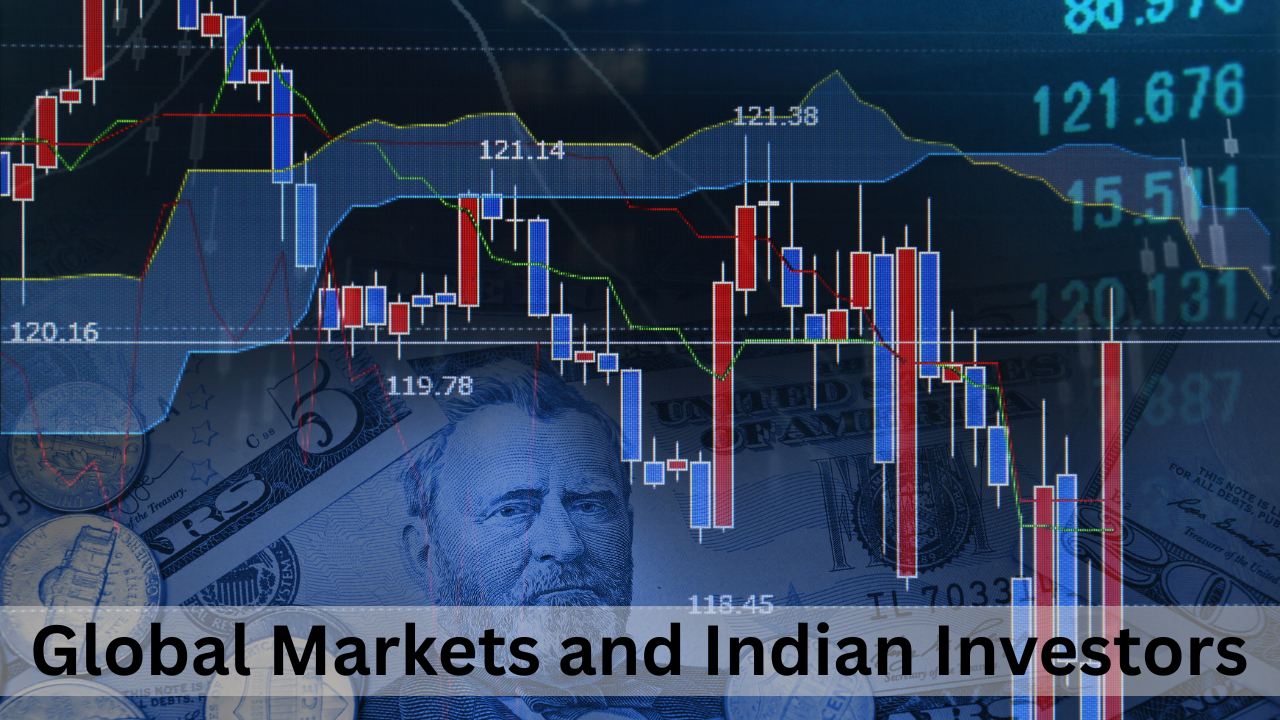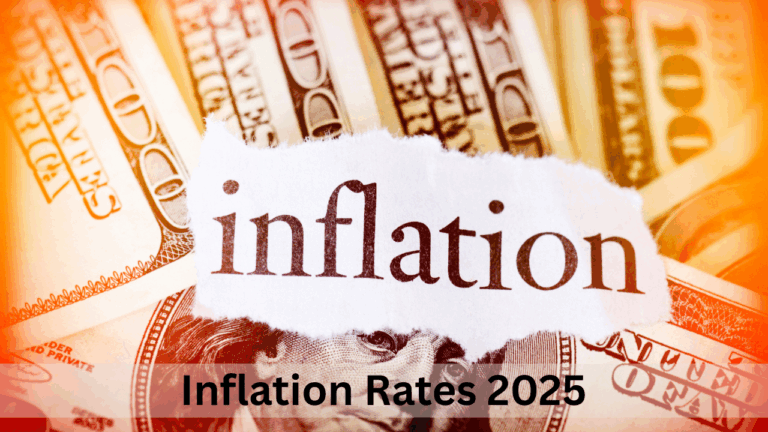U.S. Credit Rating Downgrade 2025: What It Means for Global Markets and Indian Investors
The global stock market has been buzzing lately — not because of company earnings or oil prices, but due to a major update from the U.S. In May 2025, Moody’s downgraded the United States’ credit rating from AAA to Aa1. This has raised questions around the world — what does this mean, and how will it affect countries like India?
In this news report by Business Magazine, we break down what’s happening and why Indian investors and businesses should pay attention.
What Is a Credit Rating Downgrade?
A credit rating is like a trust score for a country. It tells investors how likely the country is to repay its debts. The U.S., for many years, had the highest rating: AAA. But now, with rising debt and political uncertainty in Washington, Moody’s lowered it to Aa1.
This means the U.S. government is now seen as a slightly riskier borrower. And when the U.S. shakes, the whole world feels it.
What Caused the Downgrade?
Moody’s mentioned two main reasons:
- Rising U.S. debt, which has now crossed $35 trillion
- Lack of strong political agreement in handling the economy and government spending
Experts believe that if this continues, the U.S. may have to pay more interest on its loans, leading to budget cuts or even higher global interest rates.
How Global Markets Reacted
The downgrade made waves around the world:
Stock Market Fluctuations
Major indices like Dow Jones, S&P 500, and FTSE fell briefly. Some investors got nervous and started selling.
Dollar Weakens
The U.S. dollar lost value against currencies like the Euro and Yen. This affects global trade and commodities.
Gold and Bonds Rise
Investors rushed to safer options like gold and government bonds, pushing their prices up.
What It Means for India
India may not be directly targeted by this downgrade, but it does feel the aftershocks.
Indian Stock Markets
The Nifty and Sensex showed mixed signals. Sectors linked to U.S. exports — like IT and pharma — faced slight pressure.
Investment and Capital Flow
Foreign investors often pull money from emerging markets like India when there’s global uncertainty. This can cause market swings and affect the Rupee.
Dollar vs Rupee
As the dollar weakens, the Rupee may temporarily strengthen, making imports cheaper but affecting export businesses.
What Should Indian Investors Do?
Here are some practical tips for Indian retail investors:
- Don’t panic sell — The downgrade is serious but not a crisis. Stay invested in quality companies.
- Diversify — Invest across sectors, not just IT or U.S.-focused funds.
- Track global news — What happens in the U.S. now affects India more than ever before.
- Gold is a friend — In uncertain times, gold and other stable assets can balance your portfolio.
What Experts Are Saying
Many experts call this downgrade a “warning sign” rather than a disaster.
Santosh Rao, a market strategist, said,
“This shows the U.S. must fix its finances. But for now, it’s still the safest market globally.”
Others believe the real test will come if there are more downgrades or political fights in the U.S. over debt ceilings and budgets.
Final Words
The U.S. credit downgrade in 2025 is a reminder that even the biggest economies have challenges. For global markets — and especially for growing economies like India — it’s a sign to stay alert, plan smart, and be ready for surprises.
To keep up with the latest updates in the stock market, investing tips, and economic trends, follow Business Magazine — your go-to source for finance news made simple.
✅ Bookmark our site
✅ Share this article with your investor friends
✅ Stay informed, invest smart!







